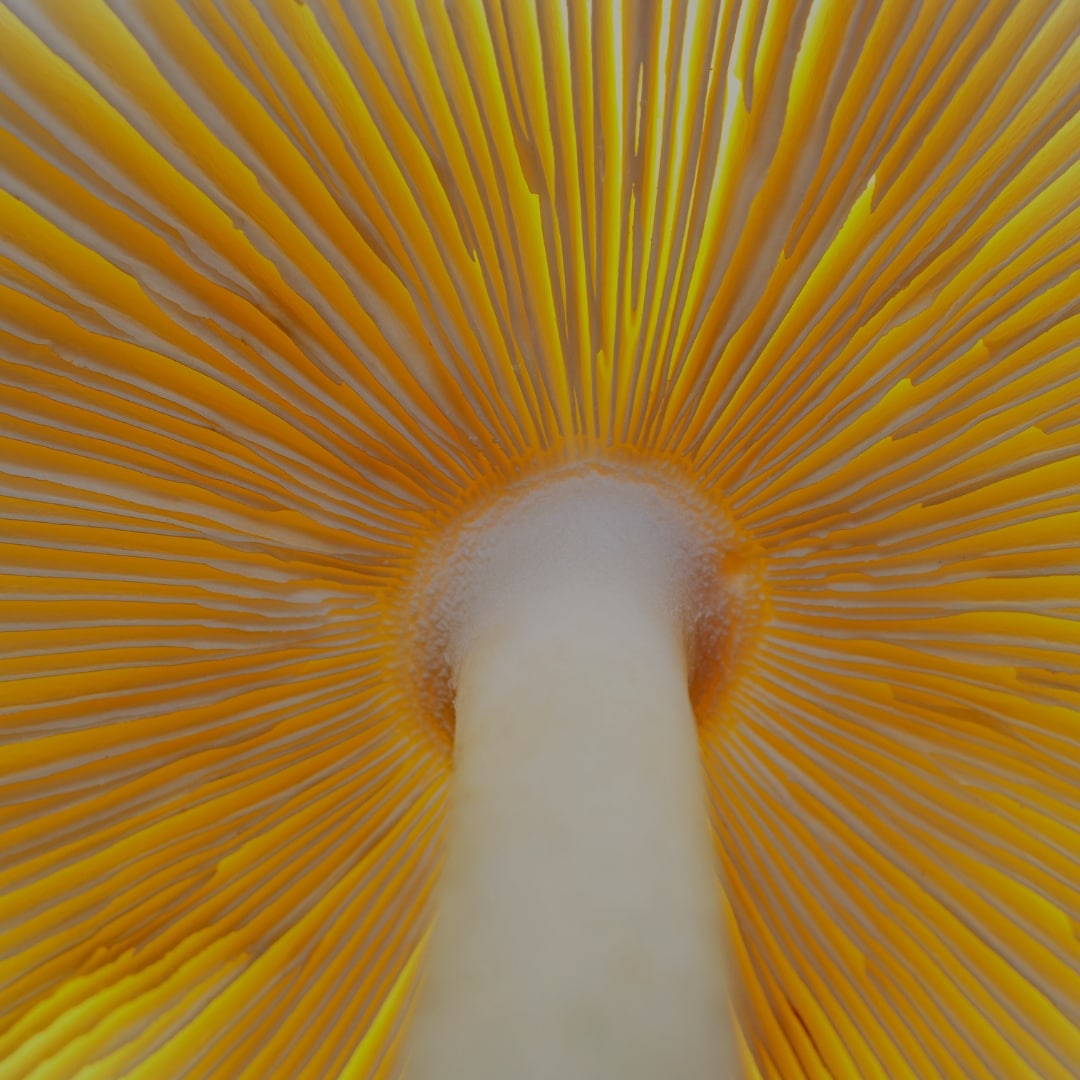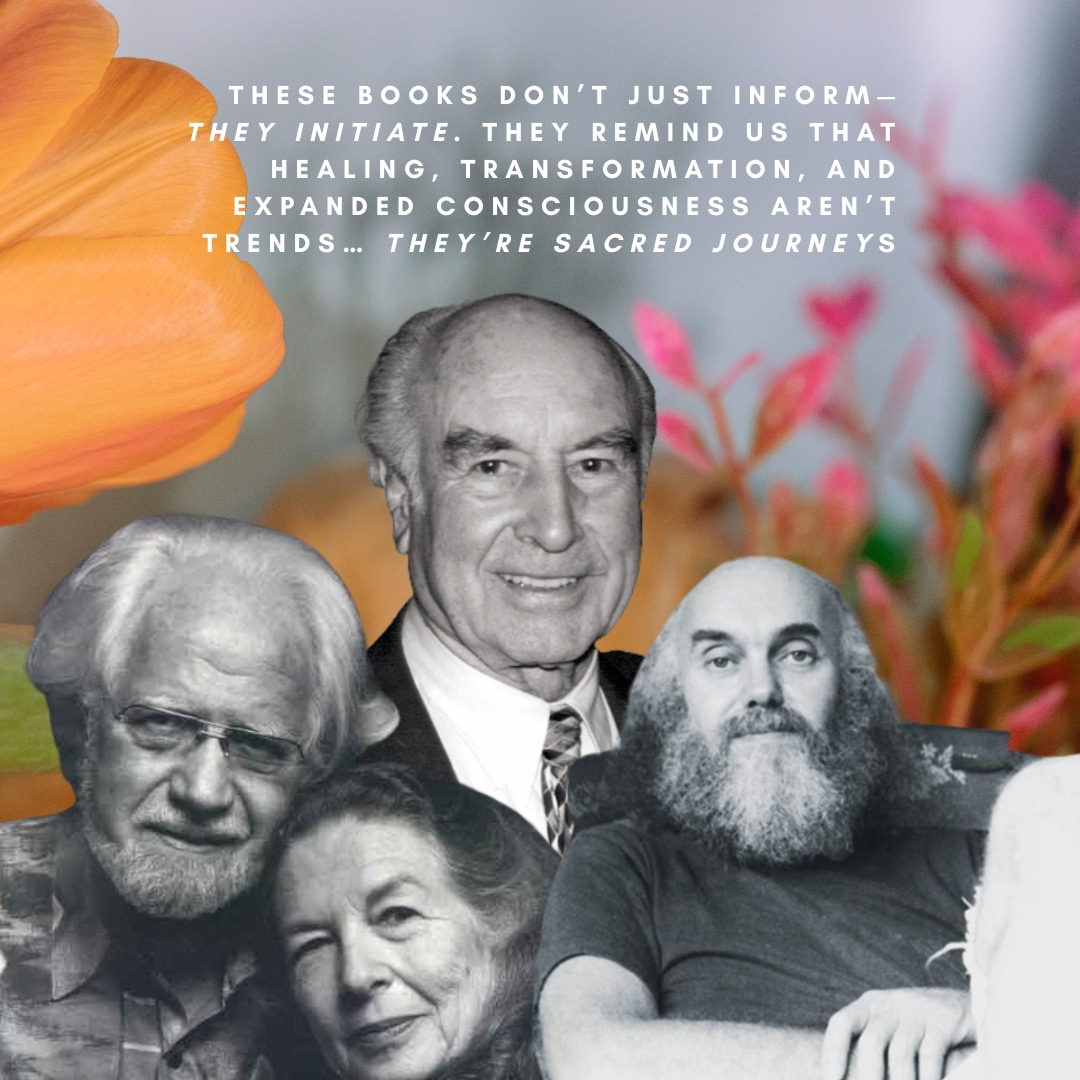A Reflection on Our Unfolding Psychedelic Revolution
There are moments in history when a current beneath the surface begins to surge. It pulls at our dreams, whispers through art, and howls in the language of the soul. We’re living through one of those moments now.
Some call it a renaissance. Others, a revolution.
But what’s truly happening in the psychedelic movement goes deeper than science, policy reform, or the resurgence of plant medicine.
This is a regeneration of consciousness—an evolutionary pulse echoing through our bones, shaking the cages of conformity, and urging us toward something wholly unfamiliar yet deeply remembered.
We’ve been here before.
The Ancients Knew
Long before Western minds claimed discovery, our ancestors danced with the stars on mountain tops and listened to the mycelium beneath their feet. In the caves of Tassili n’Ajjer, 10,000-year-old paintings depict beings crowned with mushrooms—perhaps humanity’s earliest documentation of sacred communion.
The Mazatec in Mexico, the Shipibo in the Amazon, and Native American tribes across Turtle Island have long known what we are just remembering: psychedelics are not drugs.
They are portals. They are kin. They are teachers.
Entheogens were never about escapism. They were doorways into the deeper architecture of existence—used in ceremony, in healing, and in communion with the Earth.
What we are calling a renaissance is merely a return.

The Alchemy of Discovery
In 1938, Swiss chemist Albert Hofmann synthesized LSD, only to discover its mind-bending effects five years later when he took a now-mythic bicycle ride through the streets of Basel.
Few know that Hofmann believed LSD wasn’t just a compound—but a “medicine for the soul.”
Meanwhile in 1897, Arthur Heffter had isolated mescaline from the peyote cactus—blazing a trail of chemical curiosity that would lead to profound questions of perception, self, and spirit.
When R. Gordon Wasson sat with María Sabina, the Mazatec curandera, in 1955, the Western world was introduced to psilocybin mushrooms. But what’s often left out is how that encounter disrupted her life. Sacred knowledge, once protected, was suddenly extracted.
This renaissance must remember its roots. Or it will repeat the violence of erasure.
The Sixties Broke the Mold (and Our Illusions)
By the 1960s, LSD was not just being studied—it was shaping the culture.
Timothy Leary’s call to “Turn on, tune in, drop out” wasn’t just about dropping acid—it was about stepping off the treadmill of capitalist hypnosis.
Music transformed into prayer. Protest became poetry.
Woodstock wasn’t just a music festival. It was a ritual of remembrance.
But the system bit back.
In 1971, Nixon declared war—not just on substances, but on consciousness itself. Research halted. Doors shut. Visionaries silenced.
But as always, the underground held the flame.

Carriers of the Flame
Indigenous communities never stopped.
Peyote ceremonies carried on in secret. Ayahuasca began to whisper its way westward through Santo Daime and UDV churches.
And in 1986, Rick Doblin planted a seed by founding MAPS. A new era had begun—one that would blend science with soul, research with ritual.
Raves became spiritual pilgrimages. Ecstasy gave birth to communal heart-openings.
The “underground” wasn’t underground. It was the mycelial web of our collective becoming.
The Renaissance: Not Just a Reawakening, But a Reworlding
Today, we are living with the veil lowered.
We see emotions. We sense intentions. We feel the Earth thinking through us.
And in this vulnerable, psychically porous state, we are being asked:
What do you do with this awareness?
What world will you build from this place of soul-sight?
This renaissance is not about glorifying trips or romanticizing ancient rituals.
It’s about what we do with what we see.
It’s about healing the traumas encoded in our systems.
It’s about decolonizing our practices and honoring the medicines with reciprocity.
It’s about using altered states not to escape—but to reimagine society itself.
We are being invited into a third option—one that isn’t bound by the binary of tradition or rebellion. A new way entirely. One seeded in soul, watered by spirit, and grown in collective soil.

Guardians of the Vision: The Bibles of Psychedelic Culture
At Synergetic Press, we are honored to house the works of the very visionaries who shaped this movement.
Sasha and Ann Shulgin’s PIHKAL and TIHKAL—chemical love letters to the inner cosmos.
Dennis McKenna, who carries the psychedelic flame with botanical brilliance.
Leonard Pickard, whose mythic narrative The Rose of Paracelsus redefines what literature can be.
Albert Hofmann’s LSD: My Problem Child—a scientific memoir soaked in soul.
And so many more voices—keepers of gnosis, scribes of the ineffable.
These aren’t just books. They’re maps.
They are bibles for the seekers, the scientists, the artists, and the ancestors-in-the-making.

What Now?
Psychedelic capitalism is rising. Ethics are being tested.
We must remain vigilant: this revolution is not for sale.
Let’s build cultures of reciprocity, not extraction.
Let’s form rituals rooted in reverence, not trend.
Let’s remember that awakening isn’t the end—it’s the beginning of a deeper responsibility.
We are here to regenerate the world, not just our minds.
The psychedelic renaissance is not a return to the past, nor a projection of the future.
It is a portal through which we remember we are creators, now.
Let’s walk through that portal together.

